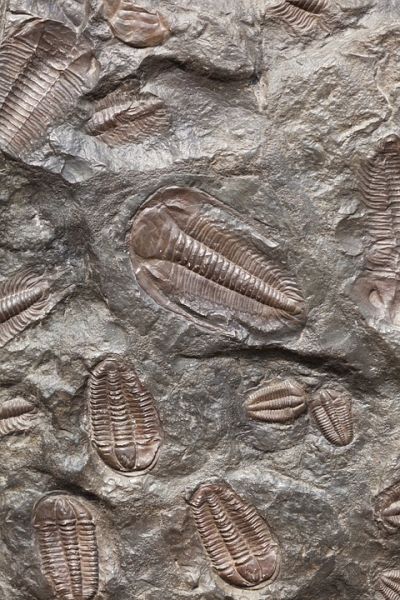A new report has revealed that researchers in southwestern Turkey have discovered fossils belonging to eight varieties of animal species, such as giraffes, mammoths, and rhinoceroses.
The team of scientists from Turkey and a Paris museum, in Denizli, Aegean Turkey, estimated that the latest discovery dates back to at least 1.2 million years ago. However, the researchers also said that guesses may even stretch back to nine million years ago.
The study findings suggested that three fossils belonged to three different cavicornias, while one fossil was of a giraffe from the Miocene period that dates back to 7-9 million years ago. Apart from these, the researchers also found fossils of mammoths, rhinoceros, horses, and deer from the Pleistocene period of 1.2 million years ago.
Ahmet Ihsan Aytek, an anthropology professor at Pamukkale University in Denizli, said that these recently discovered fossils of different animals, including rhino and mammoth, indicate that Anatolia had a huge variety of animal species in the old days. He also stressed that the animals used to live at the same time as the ancient people in Anatolia. Aytek referred to the fossil of the mammoth as a significant discovery and said that even Europe doesn't have a well-preserved fossil of mammoth chin like the latest one.
Recent discovery in Turkey
Paleontologists believe that such discoveries of old fossils belonging to various animals can determine the interesting facts about the early life and its evolution. It also helps to have a better understanding of the evolutionary relationships between organisms.
Recently, during an excavation at the Neolithic site of Çatalhöyük in Turkey archaeologists discovered two 8,500-year-old human teeth. But the uniqueness of these ancient remains got revealed after scientists carried out macroscopic, microscopic, and radiographic analyses on these teeth.
The researchers stated that the two ancient human teeth had been used as pendants in a necklace or bracelet. It should be noted that the team of archaeologists, never documented this practice before in the prehistoric Near East. As per the researchers, this new finding also suggested that the human teeth were permeating with profound symbolic meaning for the people who used to wear them.




0 Comments